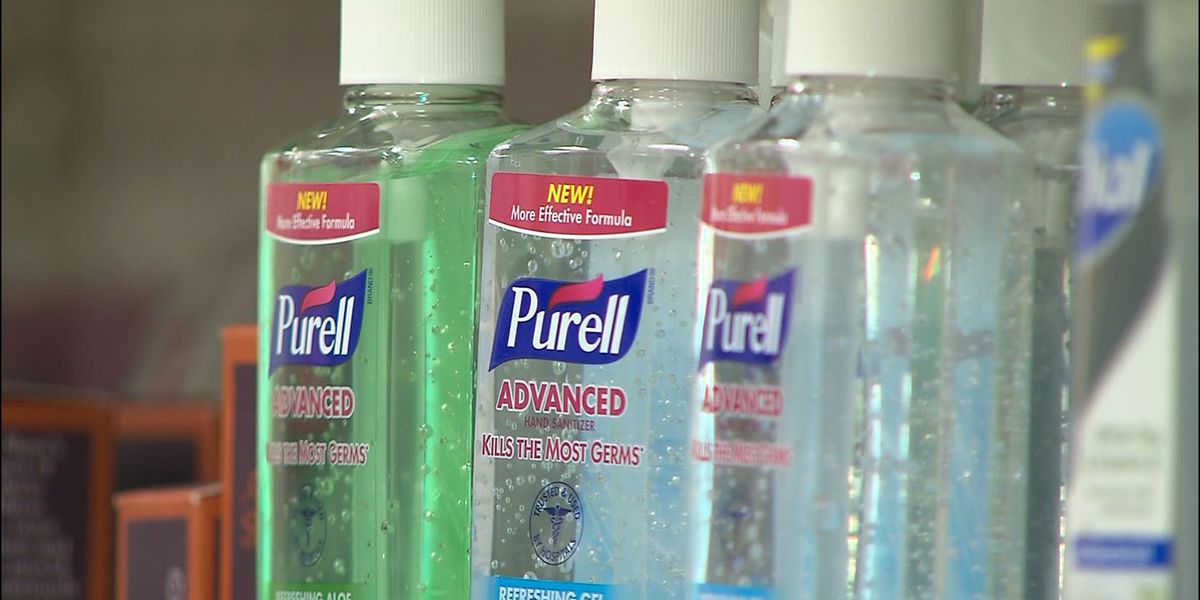RIO DE JANEIRO, BRAZIL – The outbreak of the novel coronavirus has caused an abnormal demand for this product, and it is now virtually impossible to find antibacterial gel on the market. However, experts caution that not all antibacterial or disinfectant gels are truly effective.

According to health authorities, in addition to social distancing and voluntary isolation or quarantine, one of the most effective ways to avoid contagion from Covid-19 is the adequate and regular hand hygiene. However, it is true that it is not always possible to wash them with soap and water and it is in these instances that antibacterial gel may be the solution.
However, as an article published in Galileo magazine explains, it is not enough to apply this product to the hands to fight threats such as the novel coronavirus. These are the reasons:
1. Some types of alcohol do not work
Studies caution that hand sanitizers must contain a minimum of 60 percent alcohol to kill viruses and bacteria.
Meanwhile, take great care! According to Galileo, too much of the substance is not effective either. For instance, using 94 percent alcohol (used in household cleaning products) does not work, since it evaporates quickly.
“Applying 100 percent alcohol would also dry the skin very quickly and cause irritation. This may result in insufficient hand disinfection as frequently as necessary. That is why most hand sanitizers contain emollients, which are blends that help soften and moisturize the skin,” wrote Jeffrey Gardner, professor at the University of Maryland, USA, on The Conversation website.
In another article, published on the same website, professors Shobana Dissanayeke and James McEvoy, of the University of London, United Kingdom, recommend the use of products with an alcohol concentration between 60 and 80 percent on hands.
2. Apply the gel properly and correctly
The US Center for Disease Control and Prevention (CDC) explains that both hands’ surfaces must be thoroughly covered with the disinfectant and rubbed until they dry.
3. Beware of alcohol-free disinfectants
There are other types of alcohol-free disinfectants that promise to exterminate micro-organisms. As effective as they are, alcohol-free products generally contain trigonal ammonia compounds (benzalkonium chloride), which may reduce the presence of microbes, but they are not as effective, says Manal Mohammed of the University of Westminster, London, UK, also to The Conversation website.
4. Antibacterial gel is not enough… wash your hands!
Alcohol gel works by wiping out several microorganisms like Covid-19. However, other families of microorganisms are more resistant to the product, such as norovirus and some variations of the HAV virus, which is responsible for hepatitis A.
“Careful hand washing is always preferable to alcohol-based disinfectants for any virus. The physical action of friction, the surfactant action of soap and running water help remove the virus from the hands,” advised Christine L. Moe of Emory University in the United States to the Popular publication.

